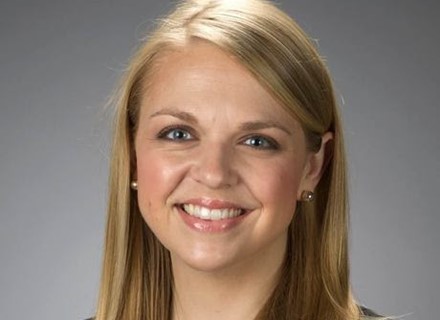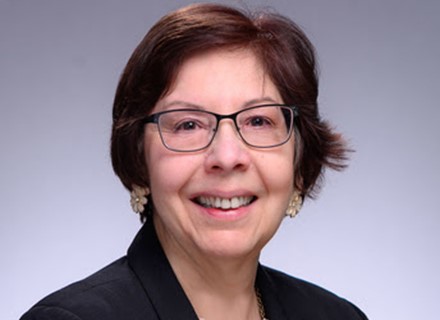Undergrad Update: Rankings and Two New Programs
Our long winter break is nearing its end, and very soon we will welcome our students back to campus. The last two highly unusual semesters have certainly presented plenty of individual and collective “growth opportunities,” and we – our students, our staff and our faculty – have pulled together as a community to do amazing things!
Though many of us might feel like grizzled veterans by now, I am sure the upcoming semester will challenge us in new ways. I am confident that with God’s grace we will again have a very successful semester.
Today I write to share two updates regarding the undergraduate program with you.
First, in the just-released Poets & Quants 2021 undergraduate business school rankings, Mendoza ranked No. 7, marking the fifth time we’ve placed in the top 10. The P&Q ranking, now in its fifth year, is one of the two prominent rankings (the other being U.S. News & World Report) and started soon after Bloomberg Businessweek discontinued its annual rankings of undergraduate business schools.
Unlike the U.S. News rankings, which are based solely on a survey of deans and senior faculty, the P&Q rankings place equal weight on three factors: admissions standards, student satisfaction with their academic experience and employment success. Mendoza ranked 5th, 11th and 11th respectively in these categories. The ranking factored in admissions data for the Class of 2024, survey data from the Class of 2018 and employment data for the Class of 2020.
Notre Dame’s continued success with this ranking is a testament to the strength of our students as well as to the dedication and creativity of the faculty, staff and alumni who provide the transformative experience for our students. Out of the 93 schools participating, we earned the top rating for most satisfied graduates on two questions concerning the involvement of practicing professionals and alumni. I wish to thank everyone in the Mendoza community who teaches, advises, mentors and supports our undergraduate students!
The other update I wish to share is about our forthcoming honors programs. Mendoza will initiate two separate honors programs next academic year — the Business Honors Program and the Research Honors Program in Business — both of which will challenge our most gifted undergraduate business students with a rigorous, comprehensive and specialized course of study and programming.
These distinct honors programs will allow us to compete more effectively with schools such as Wharton and MIT to attract top undergraduates to Notre Dame; to boost hiring of our undergraduate students in the most demanding and complex corporate positions, and to place more Mendoza graduates in distinguished Ph.D. programs in business.
All First Year students pre-admitted to Mendoza and transfer students will have the opportunity to apply to the Business Honors Program during their second semester on campus. The program will engage students during their final three years in Mendoza primarily through an elevated business curriculum. It is especially suited to those students interested in exploring the moral purpose of business and how it can contribute to integral human development. Top applicants will have clearly demonstrated this interest as well as a high level of academic achievement and intellectual curiosity.
The Research Honors Program in Business is a separate opportunity specifically for juniors or seniors interested in doing their own independent research supervised by a faculty member. We expect the Business Honors Program initially to enroll about 40 students per cohort and the Research Honors Program in Business to attract about 10 business majors per year. (Students could potentially do both programs.)
I wish everyone a successful and healthy spring semester, and GO IRISH!
Jim Leady
Associate Dean for Undergraduate Education
Associate Teaching Professor
Associate Dean for Undergraduate Education
Associate Teaching Professor




